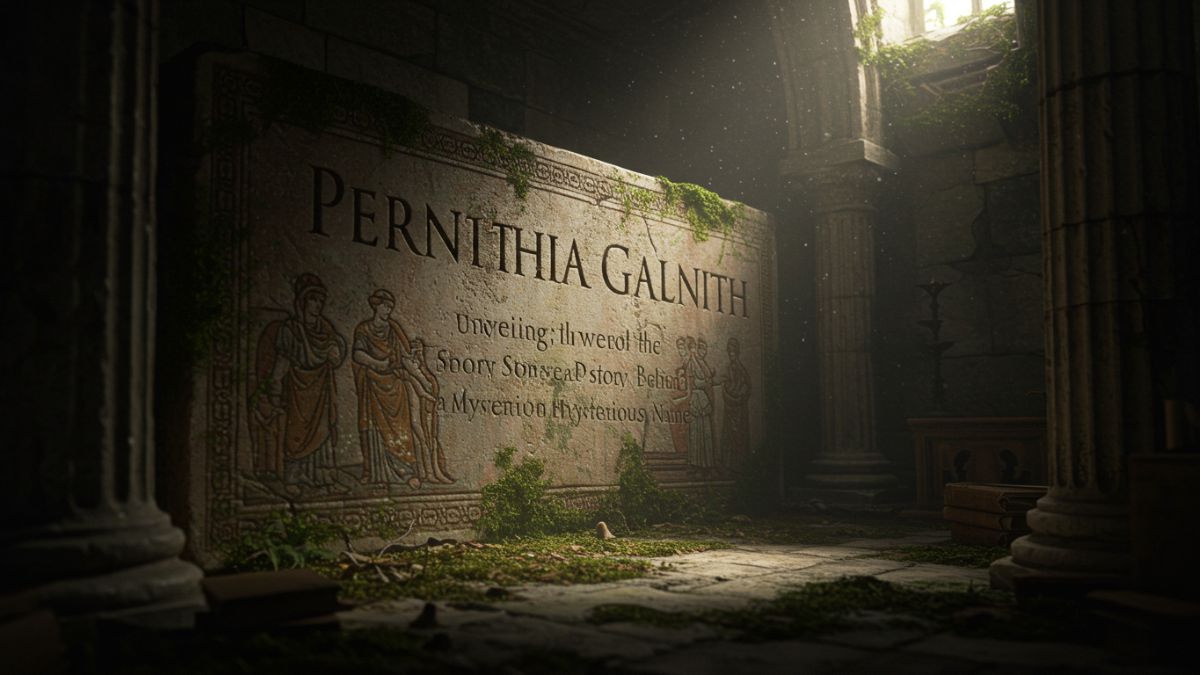The mysterious case surrounding the alleged murder of alice walker murder has sparked intrigue and speculation like few others. Known primarily as a celebrated author and activist, her legacy is marred by whispers of foul play. What really happened? This question lingers in the minds of fans and critics alike, drawing attention not only to her remarkable contributions to literature but also to the shadows that now cloud her name.
As we delve deeper into this enigmatic story, prepare for twists and turns that reveal more than just a crime scene; they unveil a complex tapestry woven from ambition, rivalry, and controversy. The truth behind the “Alice Walker murder” might be less about death itself and more about how society grapples with loss—both personal and cultural. Join us on this journey as we unravel layers of mystery surrounding one of literature’s most iconic figures.
The Life and Work of Alice Walker
Alice Walker is a literary giant. Born in 1944, she grew up in the segregated South, where her experiences shaped her unique voice.
Her most famous work, “The Color Purple,” won the Pulitzer Prize and brought global attention to issues of race, gender, and identity. The novel’s raw portrayal of African American women’s struggles resonates with readers even today.
Walker is not just a novelist; she’s also a poet and activist. Her poetry delves into themes of love, loss, and resilience. Each piece invites readers to reflect on their own lives while challenging societal norms.
She has written numerous essays advocating for civil rights and social justice. Through her words, Walker encourages activism and self-discovery among marginalized voices.
Her enduring legacy continues to inspire new generations of writers who seek truth through their craft. Alice Walker remains an essential figure in literature and beyond.
The Murder Investigation Begins
The murder investigation began with urgency. Law enforcement arrived at the scene, piecing together evidence left behind. Eyewitnesses reported strange noises leading up to the incident, but their accounts varied.
Detectives combed through Alice Walker’s last known whereabouts. They examined her home for signs of forced entry or struggle. The quiet neighborhood soon buzzed with speculation and fear.
Friends and family were interviewed to gather insights into Alice’s life. Every detail mattered: recent conflicts, relationships, and even her literary activism came under scrutiny.
Forensic teams worked tirelessly to analyze physical evidence collected from the site. Each fingerprint held potential clues that could crack open this troubling case.
As days turned into weeks, tension mounted in the community. The question lingered: who would want to harm such an influential figure?
Possible Suspects and Motives
The investigation into the alice walker murder has raised eyebrows regarding potential suspects. Several individuals emerged, each with their own possible motives.
One suspect was a former colleague who had clashed with Alice over creative differences. This tension could have escalated beyond professional rivalry.
Another figure in the spotlight was an estranged family member, known to harbor resentment about Alice’s success. Jealousy can drive people to extreme actions when left unchecked.
Additionally, there were rumors of an obsessive fan whose admiration turned sinister. Such fixation often leads to troubling behaviors that blur boundaries.
Each suspect brought complex narratives filled with twists and turns, adding layers to this chilling mystery. The lack of concrete evidence kept investigators on high alert while the community remained unsettled by the uncertainty surrounding these intriguing figures.
Controversies Surrounding the Case
The case surrounding the alleged murder of Alice Walker has stirred intense debate and speculation. Many claim that media coverage was sensationalized, overshadowing her literary contributions.
Critics argue that focusing on the murder narrative risks distorting public perception. Instead of celebrating her work, discussions often drift towards scandal. Some fans feel this shifts attention away from important themes in her writing.
Additionally, theories about potential conspiracies have emerged. This includes claims of political motives tied to Walker’s outspoken activism. Such allegations only complicate an already tangled investigation.
Family members and friends also find themselves caught in a whirlwind of accusations and assumptions. Their pain is compounded by public scrutiny as they navigate their own grief while defending Alice’s legacy.
This controversy reflects broader societal issues around race, gender, and violence against women. The ongoing discourse serves as a reminder of how complex narratives can shape our understanding long after events unfold.
Recent Developments and Unsolved Mysteries
Recent developments in the Alice Walker murder case have kept investigators and fans alike on high alert. New evidence has surfaced, sparking renewed interest from both law enforcement and amateur sleuths. Witnesses are coming forward after years of silence, sharing fragmented details that could change the course of the investigation.
Every revelation seems to lead down a new path filled with twists and turns. Despite this progress, crucial pieces remain missing, leaving many questions unanswered. The motive behind her tragic demise still eludes experts.
The lack of resolution only deepens the mystery surrounding Alice Walker’s untimely death. Social media platforms buzz with theories as people try to connect dots that might expose hidden truths. Each passing day fuels speculation about what really happened in those fateful moments leading up to her murder.
Impact on Literature and Society
The alleged alice walker murder has sparked intense discussions within literary circles. Her work, celebrated for its profound themes of racial and gender identity, now carries an added layer of intrigue.
Readers and scholars have delved deeper into her writings, seeking connections between her life experiences and the narratives she crafted. This tragedy may influence how future generations interpret her novels.
In society at large, the case underscores issues surrounding violence against women and marginalized voices. It invites a critical examination of societal norms that often silence victims’ stories.
Book clubs and academic forums are buzzing with debates around Walker’s legacy. The question remains: how does one reconcile artistic brilliance with personal tragedies? As this narrative unfolds, it serves as a catalyst for broader conversations on justice and representation in literature.
Conclusion:
The case of Alice Walker’s murder remains shrouded in uncertainty. The life she led and the impact of her work resonate with many, creating a stark contrast to the tragedy that unfolded.
Despite extensive investigations, justice has not been served. Speculations about motives and suspects continue to circulate, leaving room for theories but no definitive answers.
This unresolved mystery echoes beyond just one individual. It raises questions about society’s values, our collective responsibility toward artists, and how we address violence against them.
FAQ’s
What happened to Alice Walker?
Alice Walker is a celebrated author known for her impactful works, particularly “The Color Purple.” There seems to be confusion surrounding her status; she is alive and continues to write.
Was there ever a murder involved?
No definitive evidence suggests that Alice Walker was murdered. This misconception may stem from sensational headlines or misinterpretations regarding discussions around violence against women in literature.
Who were the main suspects?
While speculation exists about potential suspects due to controversies in her career, no credible allegations tie anyone directly to any violent acts against her.
How has this affected her work?
Walker’s experiences often inform her writing, contributing depth and authenticity. Her works address social justice issues which remain relevant today.











